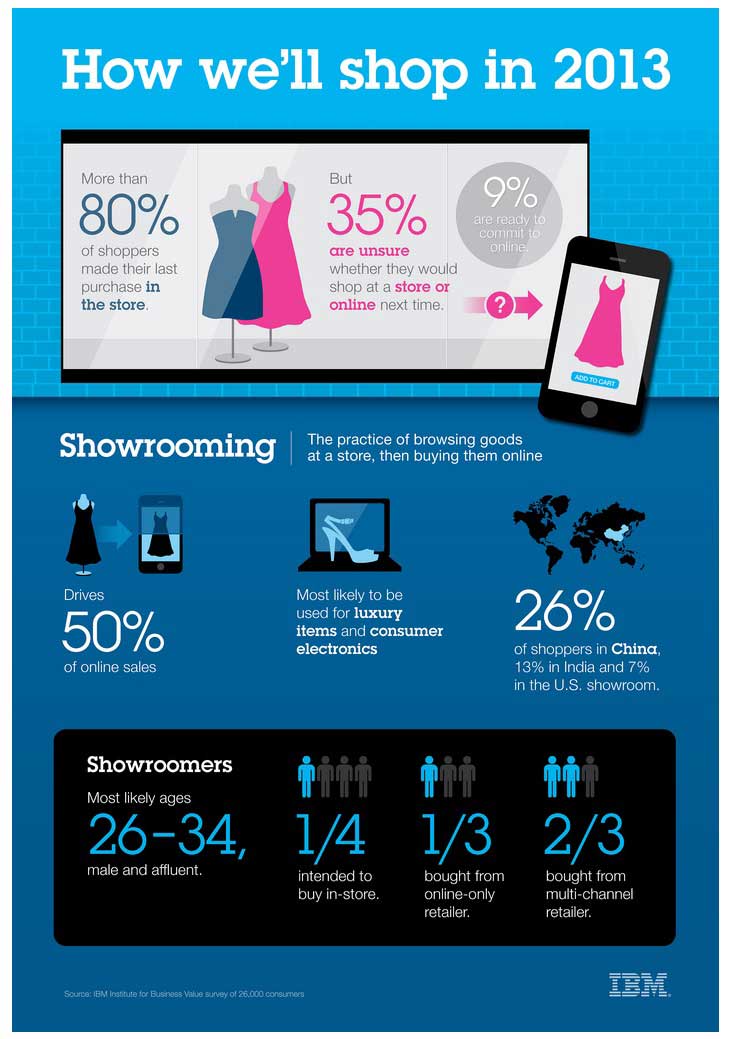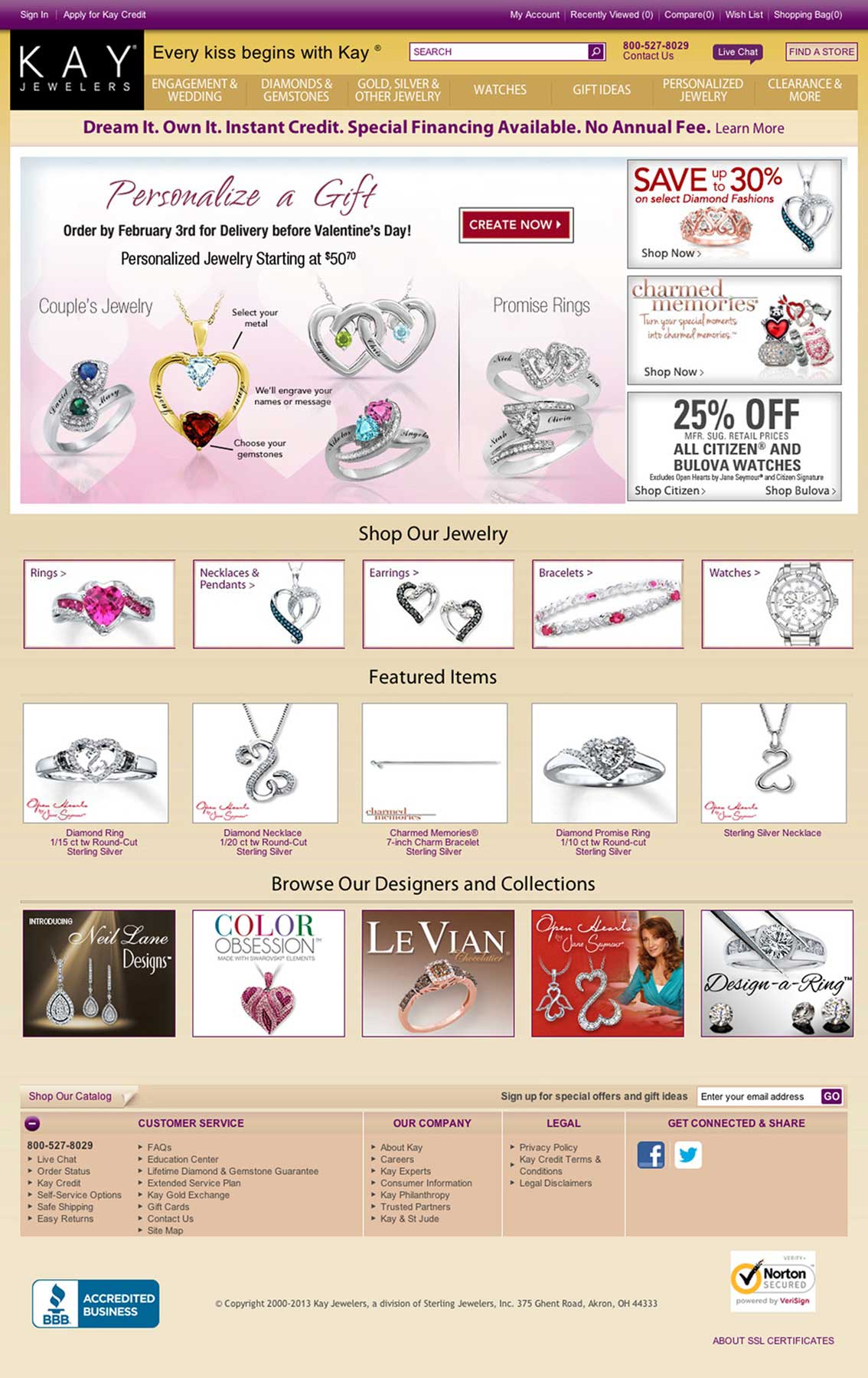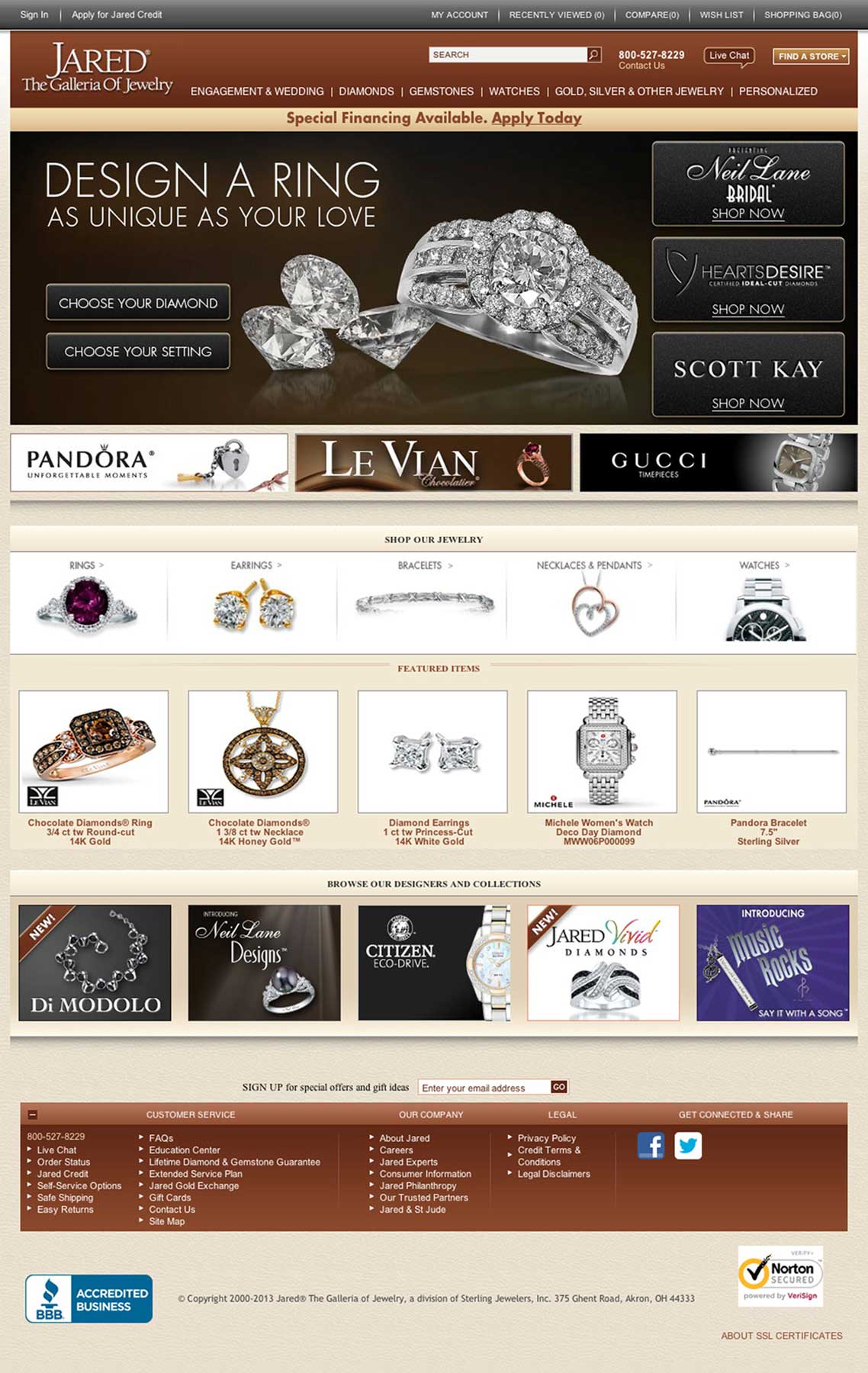As consumers become increasingly more connected, so too will multiple shopping channels. The industry has dubbed this shift the "omni-channel" experience. Here's how, by embracing this approach, two brands significantly increased sales
Last year was what many proclaimed the year of the consumer. At no other time have consumers had more power to make or break a company. The rapid growth of digital channels is giving them greater access to and influence over a retailer's brand.
Retailers, meanwhile, have awakened to the fact that their brand isn't based just on the quality of their products but also on how their customers perceive and experience their products. The proliferation of the mobile device has further empowered consumers, enabling them to connect with retailers, competitors, and online communities with the swipe of a finger.
Ease of use, greater accessibility, and superior customer service—anywhere, anytime in a 24/7 digital world—all play a critical role in driving customer loyalty.
IBM recently surveyed more than 26,000 global consumers to better understand how they prefer to shop. Though 90% of consumers said they visited a physical store before making their last purchase, 35% of these shoppers were unsure whether they'd make their next purchase in a store or online. And 9% of in-store shoppers used a mobile device during their visit to compare prices and read customer reviews—a digitally savvy demographic that is on the rise.
When shopping, the modern consumer isn't limited to a single channel. Retailers are no longer just brick and mortar destinations; many now operate multichannel enterprises that allow customers to shop via websites, social, mobile sites, and mobile apps, opening the door to new ways retailers can engage customers, increase sales, and build loyalty.
However, the big challenge is delivering a seamless, unified brand experience across those channels. After all, building loyalty is hard when your brand is offering different prices and messages online than in the store for the exact same product.
As consumers become increasingly more connected, so too will multiple shopping channels. The industry has dubbed this shift the "omni-channel" experience—one that incorporates many technologies and touchpoints to create a shopping experience that is as informative, effortless, and even sharable as possible.
Knowing this, retailers are taking bigger steps to capitalize on the shift toward digital channels and taking note of customer interests across the entire shopping spectrum. Using an omni-channel retailing approach, retailers are able to evolve into a proactive model of consumer-empowered and seamless interaction.
A great example is Signet Jewelers, owner of the popular Jared the Galleria of Jewelry and Kay Jewelers chains. Two years ago, Signet began to address the fundamental questions that every retailer must ask itself: "Who are our customers, why do they choose our brand, and how do we do a better job of engaging and empowering them in a rapidly changing digital world?"
IBM Interactive partnered with Signet's US division to help answer those questions by conducting a customer segmentation analysis, voice-of-the-customer surveys, and in-store observations. The real-time data we gathered provided deeper insights into Signet's customer needs and helped us identify opportunities to extend the in-store shopping experience online.
Equipped with better knowledge about their customers, Signet launched profiles on social channels, such as Facebook and Twitter, simultaneously with new mobile sites and redesigned websites (see images at the end of the article) for Kay and Jared that deliver an omni-channel shopping experience.
The goal was to enable customers to interact with and navigate the websites more intuitively, as if shopping in the store. For instance, so that customers could make the right choice, they can chat live with sales associates, compare items side-by-side, and view their available credit balance, no matter whether they were shopping in the store, online or with their smartphone.
Success in the digital world truly begins with the client experience. Over the years, I've learned that our clients' customers, no matter the industry, all want the same two things: assurance and control. When making a purchase, people want to feel assured that they are making the right purchase, and they want to feel that they are in control of the decision to purchase—or not.
Companies such as Signet Jewelers are listening and responding to those needs. And the results of their initiatives speak for themselves. This past holiday season, the company's online sales increased a staggering 49% compared with the same period in 2011.
In a competitive marketplace where price matters, the mobile Web is becoming an essential tool for providing the assurance and control consumers seek while shopping on-the-go. It is a business imperative for retailers to create more seamless and integrated experiences that allow customers to receive the same product information, same price, and same brand experience—whether in-store or online.
Take a step back and ask yourself whether your brand is truly equipped to embrace this changing consumer behavior through personal, digital, and mobile technologies. Does your brand offer an omni-channel shopping experience? Does every action you take as a company place the customer at the very center? If the answer is "no," what will you do this year to change that?







